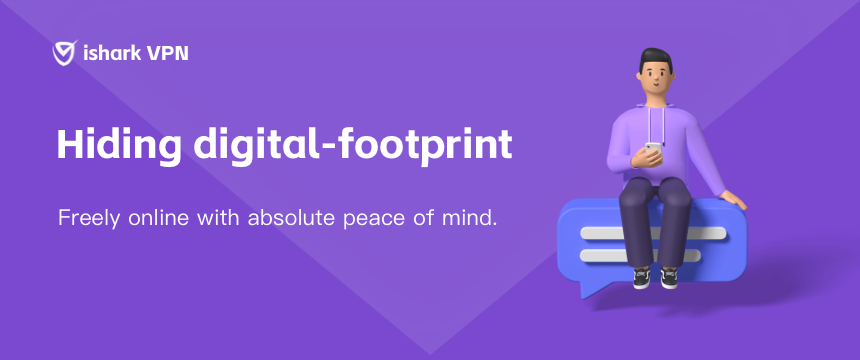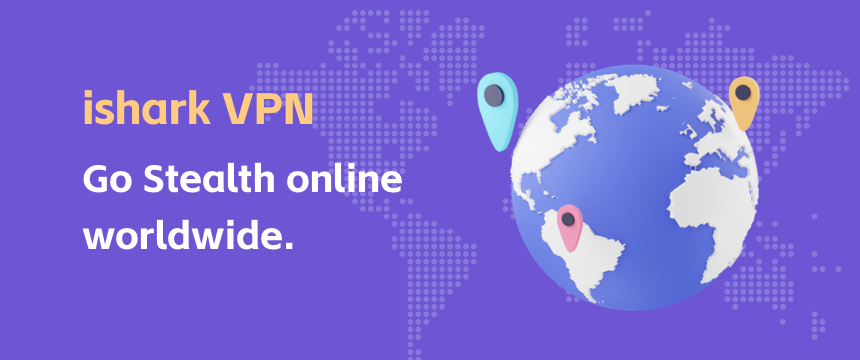Methods to Protect Personal Information While Browsing Overseas Networks Using a VPN
ishark blog article
With the proliferation of the internet, safeguarding personal information has become increasingly crucial.
Utilizing a Virtual Private Network (VPN) to protect personal information while browsing overseas networks has emerged as a pivotal task.
This article will delve into the ways of using a VPN for securing personal data during online sessions and the significance of this approach.

Challenges in Online Privacy Protection
While exploring overseas networks, the risk of personal information exposure looms. Issues like insecure network connections, malware, and data collection can potentially lead to the compromise of personal information.
Moreover, some countries may engage in large-scale internet surveillance, amplifying the risks of online privacy breaches.
VPN's Privacy Protection Functions
A VPN is an effective tool to safeguard personal information when browsing overseas networks. It achieves this by encrypting communication traffic, making online activities difficult to intercept.
Additionally, a VPN conceals your real IP address, substituting it with the IP address of the VPN server, thereby masking your actual location and identity.
Selecting an Appropriate VPN Service
Choosing a VPN service tailored to privacy protection necessitates considering several pivotal factors.
The privacy policy is paramount, ensuring that the VPN service provider refrains from logging your online activities.
Encryption strength is another factor to consider; opting for a VPN that supports robust encryption protocols provides better shielding for communication content.
Lastly, server locations should be pondered upon; selecting VPN servers located in privacy-friendly countries enhances protection.
Connecting to Privacy-Enhancing Servers
Connecting to servers dedicated to privacy enhancement is a crucial step in utilizing a VPN to protect personal information.
Within the VPN application, pick a server in a region you trust and establish the connection. Once connected successfully, your data traffic will be encrypted, and your real IP address will be hidden, thus safeguarding your privacy.
Strengthening Privacy Settings
Beyond VPN use, reinforcing browser and application privacy settings is another layer of personal information protection.
Disabling unnecessary browser extensions, activating privacy mode, and periodically clearing browsing history and caches are all beneficial practices.
Securing Wi-Fi Connections
When using public Wi-Fi, security risks arise as malicious actors might exploit these networks to pilfer personal information.
Using a VPN can encrypt your Wi-Fi connection, preventing unauthorized data theft.
Implementing Multi-Layered Protection
To bolster personal information security further, it's advisable to implement multi-layered protective measures.
This might include using antivirus software, enabling firewalls, and regularly updating operating systems and applications.

Conclusion
Employing a VPN to safeguard personal information while browsing overseas networks is of paramount importance.
A VPN encrypts communication traffic, conceals real IP addresses, thus ensuring privacy and data security.
Moreover, enhancing browser privacy settings, securing Wi-Fi connections, and implementing multi-layered protective measures contribute to enhancing online security.
By judiciously utilizing VPNs and other security measures, users can relish a safer online experience.









